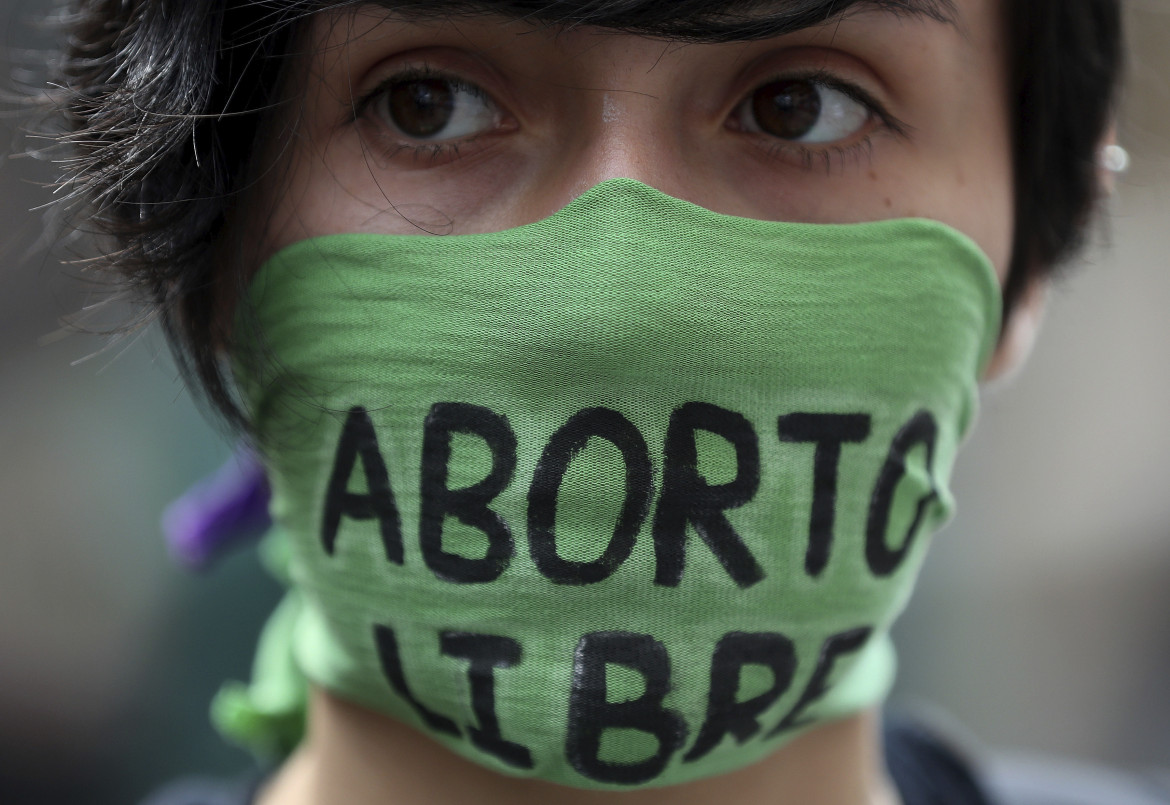Analysis
In Colombia, hopes for abortion rights fall on the Constitutional Court
Between 2006 and 2019 there were 346 convictions against women who had abortions, a quarter of whom were girls between the ages of 14 and 17. Now two lawsuits hope to terminate the penal code used to prosecute them.

In a country sadly famous for the systematic violation of human rights, there is a light at the end of the tunnel for the right to abortion, at least.
Expectations are growing in anticipation of the Colombian Constitutional Court’s ruling on two lawsuits claiming the unconstitutionality of the article of the Penal Code that establishes a punishment of between 16 and 54 months in prison for a woman who decides to terminate a pregnancy (and for those who help her to do so) with the exception of the three conditions provided for by the legislation since 2006: in the case of danger to the life of the mother, serious malformations of the fetus and sexual violence. Furthermore, the use of the conscientious objection option by many doctors complicates the use of abortion even in these three cases.
Those who filed the two appeals were the President of the Court himself, José Lizarazo, at the petition of the feminist movement Causa Justa, and the magistrate Alberto Rojas Ríos, in response to a petition by the lawyer Andrés Mateo Sánchez Molina.
The seriousness of the situation is there for all to see, as shown by a detailed report on the “criminalization of abortion in Colombia” drawn up by Mesa por la Vida y la Salud de las Mujeres together with researchers from the Universidad De Los Andes, which shows that, since 2008, there have been around 400 indictments a year, 320% more than in 2005.
That was the fate of Carla, a 15-year-old student who, in 2018, became pregnant after a rape and was not even informed by the Prosecutor’s Office about her right to have an abortion. In the 25th week of pregnancy, the teenager, assisted by the Mesa por la Vida y la Salud de las Mujeres, requested, and obtained, the termination of her pregnancy. But, denounced by a clinic employee, she was taken in by members of the judicial police at the exit of the clinic and accused of murder. After a long and painful judicial process, the case was finally closed, but no one will compensate Carla for the trauma she suffered.
For many other women, it was worse: 346 have been convicted from 2006 to 2019, a quarter of them aged between 14 and 17 years.
The hardest hit, as usual, are the most vulnerable, those living in rural areas, accounting for as many as 97% of the women reported to the authorities between 2010 and 2017. And the possibility of being indicted only increases in the case of victims of intra-familial violence, often accompanied by physical abuse. According to the report, at least 42% of women indicted for having an abortion were victims of gender-based violence.
“The Colombian system, while it condemns women who decide to terminate a pregnancy, spares the men who exercise violence against them,” denounced Mesa por la Vida’s co-founder, Ana Cristina González Vélez.
And in this context, doctors bear the most responsibility, either by refusing to perform abortions, or lengthening the waiting times as much as possible or even reporting women who turn to them for help to the authorities, for example because of complications related to illegal abortions. Without the slightest concern, not only about violating professional secrecy, but also about extorting confessions from patients in moments of extreme distress.
The pandemic and the related crisis in medical services further aggravated the situation: maternal mortality increased by 50% in 2020, and this is also due to the increased use of risky procedures in the face of all the obstacles to access to safe abortion.
Originally published at https://ilmanifesto.it/aborto-la-colombia-spera-nella-corte-costituzionale/ on 2021-10-24
